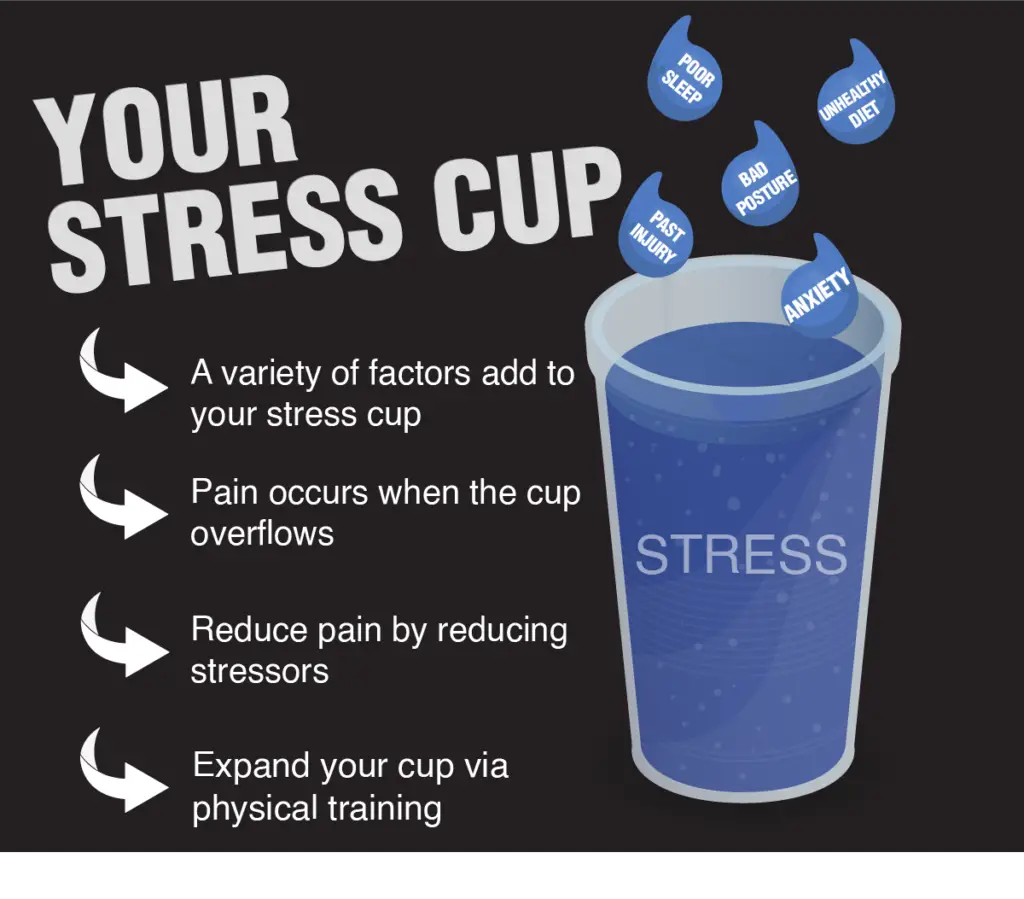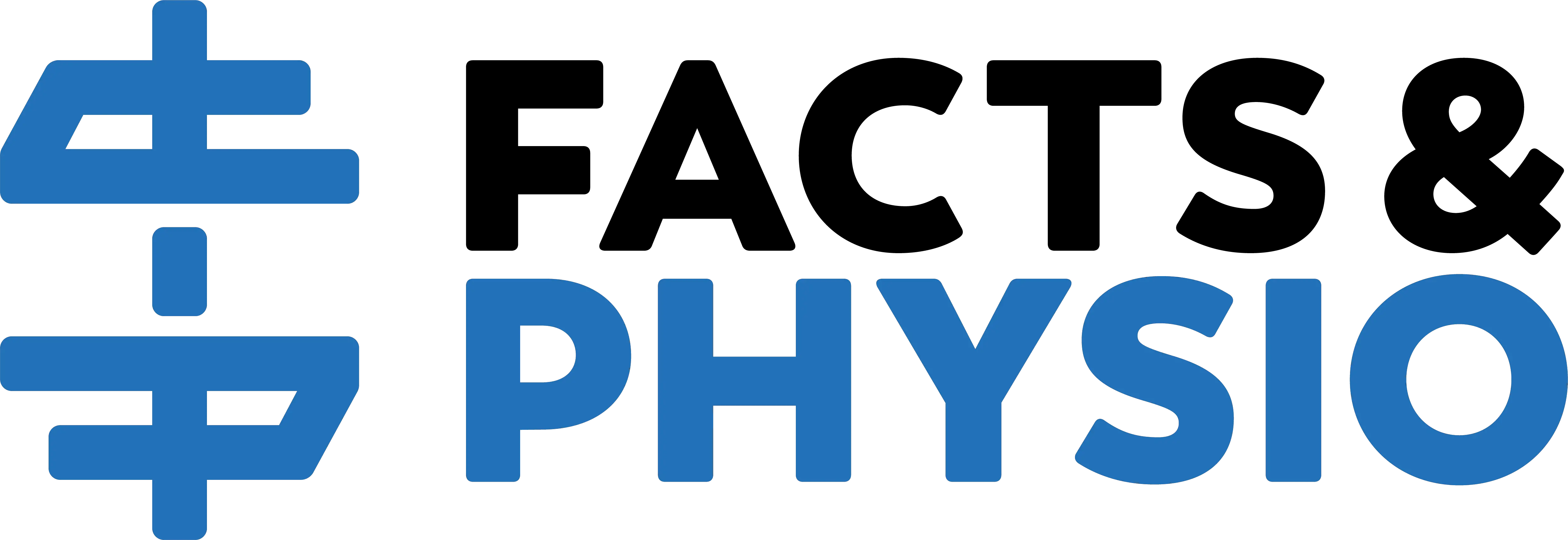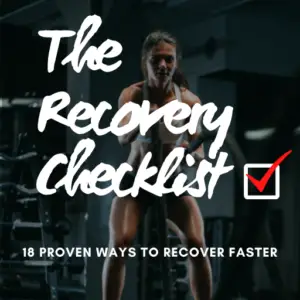My wife and I returned to Charlotte after a whirlwind trip to Arizona. We visited Phoenix, Sedona, and The Grand Canyon.

The trip reminded me of something odd my PT clients tell me: “I hurt less on vacation”
Whether it’s a trip to the beach or a week in the mountains, my patients feel better on vacation. They report less pain and more energy, despite above-average activity levels.
A Pain Primer
If you’re a long-time Facts & Physio reader, you know that pain isn’t proportional to tissue damage…it’s possible to have pain without tissue damage, as well as tissue damage without pain.
That’s why most bulging discs don’t cause pain.

Pain is complex and multifaceted. It’s influenced by many factors, even vacation!
Pain Time Off
Here are 3 reasons pain takes a vacation when you do:
1) Less Work Stress
Stress and pain are closely linked (Abdallah 2017). Work is a major stressor for many of us. So taking time off may be just what your body needs.
2) Social Connections
Social support is proven to reduce pain sensitivity (Montoya 2004). Vacation is an amazing time to reconnect with friends and family. And the pain relief is a nice bonus!
3) Less Repetitive Tissue Loading
Working at the computer all day gets uncomfortable. Though it’s more manageable if you use these 5 strategies to sit with less pain.
If you have a more active job, being on your feet all day isn’t the most comfortable, either. Vacation gives overworked, irritated tissues a chance to calm down and recover.
The Pain Drain
Living with pain is exhausting. Pain creates fatigue and irritability. It saps your energy. And fogs your brain. Chronic pain isn’t for the faint of heart.

I’ve been there. Chronic pain pushed me to become a physical therapist. I endured years of persistent elbow and low back pain before finally finding a solution. (You can read that story here)
Pain puts the body into sympathetic drive, turning on the “fight-or-flight” system. This involuntary stress response helps us battle for survival (fight) or run from danger (flight).
But the sympathetic nervous system isn’t built to be “on” all the time. That’s exactly what happens with chronic stress and chronic pain. The opposite system, the parasympathetic nervous system, lets us “rest and digest.”
Relaxing activities are key to combat chronic sympathetic drive and escape the “pain drain.”
A Pain Vacation
Is escaping to the beach an option for you? Go for it!

Unfortunately, leaving town for a long, relaxing vacation isn’t feasible on short notice. Or whenever pain crops up.
Don’t worry, you have alternatives. Here are 7 ways to take a “pain vacation” and escape the daily grind.
1) Get a Massage
Massages aren’t for me, but many people find them enjoyable and stress-relieving.
2) Take a Bath
A warm bath in the evening will help you relax and fall asleep fast. Bathing has several health benefits that facilitate healing.

Epsom salts (and Chardonnay) are optional.
3) Meditate
Deep breathing and mindfulness can clear your mind, take your thoughts off pain, and kick-start your parasympathetic nervous system.
4) Practice Yoga
While static stretching is probably a waste of time, yoga has many proven health benefits.

If you’re just getting started, check out Yoga with Adriene on YouTube.
5) Laugh with Friends
We all have those friends who are a blast to be around (and probably some who aren’t). Spend time with the fun ones! There’s a reason they say “laughter is the best medicine.”
6) Run
There’s nothing like a long run to clear the mind. If running doesn’t exacerbate your pain, it’s an amazing way to put distance between you and your stress.
It’s not for everyone, so consider the pros and cons of running before you lacing up your tennis shoes.
7) Hike
Hiking is a great low-impact alternative to running. Stress and pain melt away in The Great Outdoors. Hiking with my wife and baby boy is my favorite stress relief strategy.

Hiking is a “triple-threat” stress reliever, combining the benefits of exercise, social connection and being outside in nature.
Readers: What’s your favorite way to relax and escape the daily grind? How does stress affect your pain? Let me know in the comments.
For more evidence-based insights to beat pain and stay healthy, sign up for the free Facts & Physio weekly newsletter.

